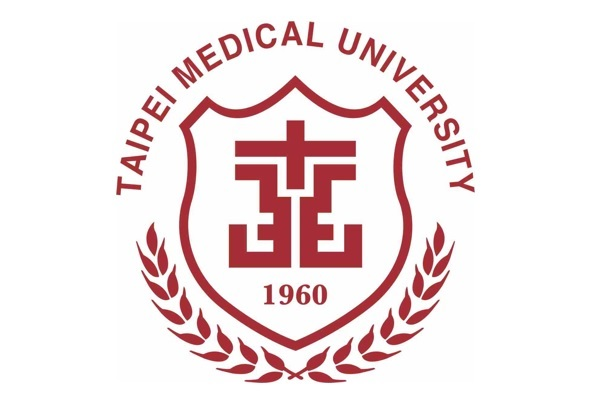During my Ph.D. and the 1st postdoc stages, I was working in Dr. Li-Jung Juan's Lab in Academia Sinica, Taiwan. The research focused on the functions of epigenetic regulators in cancer development and host-virus interaction. In May 2011, I joined the Groth Group in BRIC, KU, Denmark to investigate mechanisms protecting genome integrity during chromatin replication. We have identified a synergistic lethal relationship between de novo nucleosome assembly and checkpoint signaling (Lee et al., Sci Adv 2018). In 2016, I moved back to Taiwan to be an Assistant Professor. I turned to discover new anti-cancer drugs in collaboration with chemistry labs. We also developed novel strategies that can elicit massive replication stress and jeopardize genome integrity in cancer cells. With these achievements, I have been promoted to Associate Professor in 2021.
My laboratory's leading research focuses are dissecting regulatory mechanisms governing chromatin replication and discovering better anti-cancer drugs/strategies targeting genome and epigenome maintenance. Currently, my laboratory has a Ph.D. student and two Research Assistants. We mainly work at Academia Sinica, Taipei, and thus we have ample resources and facilities for research. Recently, we obtained three years of support from the NSC. Our laboratory could provide students with a high-quality environment to learn about molecular mechanism study and drug discovery.
We have identified Tousled-like kinases (TLKs) as factors essential for chromatin assembly of newly synthesized DNA and preservation of genome integrity during chromatin replication. We further demonstrated a synergistic lethal relationship between de novo nucleosome assembly and checkpoint signaling, opening a new avenue for cancer therapy (Lee et al., Sci Adv 2018). We also extensively unearth compounds capable of triggering replication stress. We envision that the investigations will allow us to discover agents with low toxicity when treated alone, but synergistically toxic to cancer cells when combined with the chemotherapeutics agents or checkpoint inhibitors. The results will thus introduce innovative approaches to increase the anticancer therapy efficacy while reducing the toxic side effects.
On the other hand, we collaborated with chemists to develop novel small-molecule compounds against epigenetic enzymes that are often dis-regulated in cancers. We discovered a lead benzamide compound possessing a potent activity against class I histone deacetylases (HDACs) and exhibiting strong cancer inhibitory activity in vitro and in vivo (Nepali&Chang et al., Eur J Med Chem 2020). The following study further identified the derivative 7 with dual inhibitory activities on HDACs and tubulin polymerization and displaying even more virulent to numerous cancer cell lines including the one with multiple-drug resistance (Singha&Chang et al., Eur J Med Chem 2021). Most recently, we also reported another unique derivative, MPT0L184, which can perturb cell-cycle checkpoints and elicit unscheduled mitosis onset (Chang et al., Biomed Pharmacother 2021). Importantly, these agents showed comparable toxicity in HDAC inhibitor-sensitive and -resistant cells, underscoring the potential to overcome drug resistance.
2nd. Oral award. The 27th Taiwan Joint Cancer Conference. 2023
2021 Associate Professor, Ph.D. Program in Drug Discovery and Development Industry, Taipei Medical University. Aug 2021 – Present
2020 Assistant Professor, Ph.D. Program in Drug Discovery and Development Industry, Taipei Medical University. May 2020 – July 2021
2016 Assistant Professor, Master Program in Clinical Pharmacogenomics & Pharmacoproteomics, Taipei Medical University. Feb 2016 – April 2020
2011 Postdoctoral Fellow, BRIC, University of Copenhagen, Denmark. Laboratory of Dr. Anja Groth. May 2011 - Jan 2016.
2009 Postdoctoral Fellow, Genomics Research Center, Academia Sinica, Taipei, Taiwan. Laboratory of Dr. Li-Jung Juan. Jun 2009 - April 2011.
2002 PhD, Graduate Institute of Life Sciences, National Defense Medical Center, Taipei, Taiwan. Laboratory of Dr. Li-Jung Juan. Aug 2002 - May 2009.
2000 Master, Department of Life Science, National Tsing-Hua University, Hsinchu, Taiwan. Laboratory of Dr. Hua-Wen Fu. Sep 2000 - Jun 2002.
